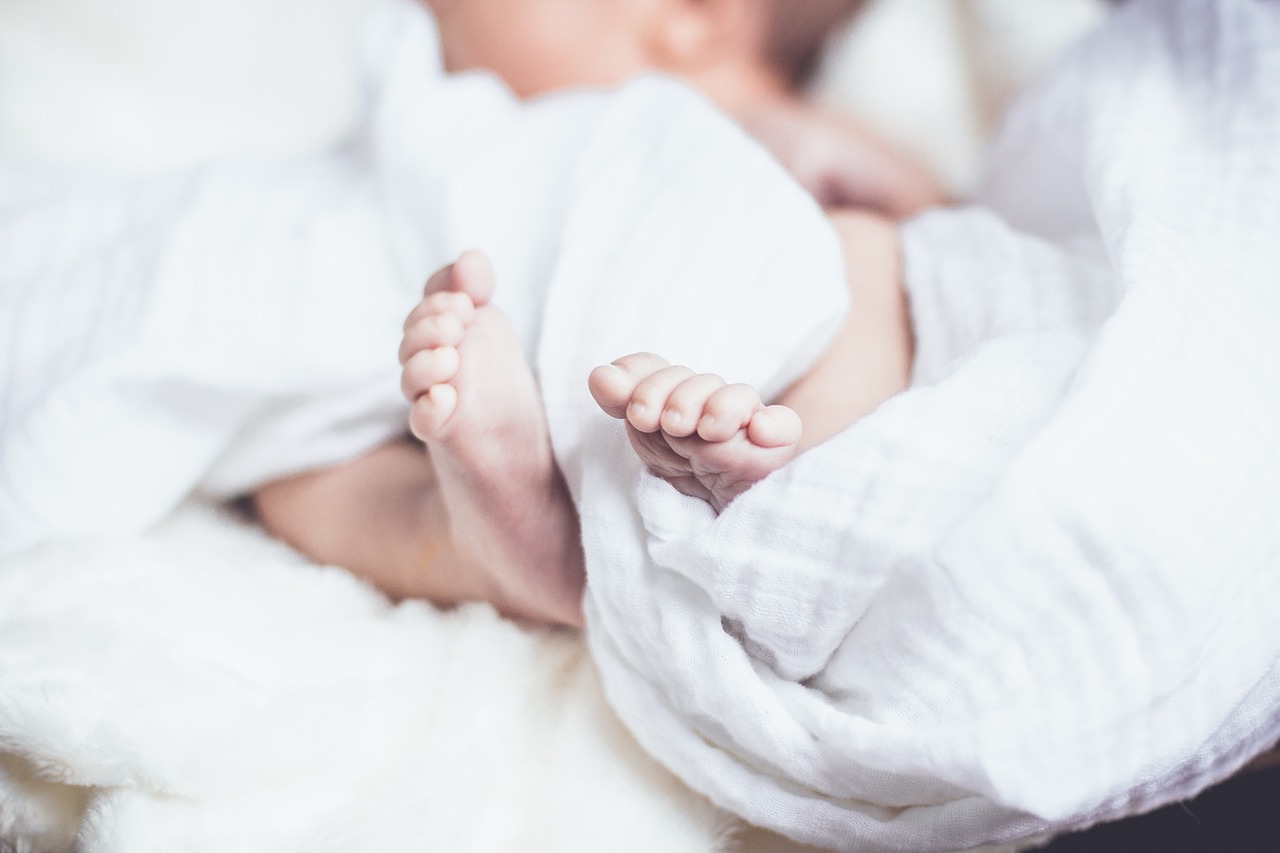Beginning this fall, Peterborough Regional Health Centre (PRHC) will provide a Respiratory Syncytial Virus (RSV) preventive antibody immunization to all newborns born at PRHC between October 2024 and April 2025 to protect against serious illness caused by RSV.
Speak with a member of your care team if you have questions about the RSV medication. If you decline the newborn RSV immunization, but change your mind at a later date, please reach out to your primary care team or call Peterborough Public Health.
WHAT IS RSV?
RSV is a major cause of respiratory illness that affects the airway and lungs, especially in babies and young children.
RSV often causes cold-like symptoms, and is the most common cause of a chest infection called bronchiolitis. Babies and young children often have mild illness from RSV and recover quickly. Some babies and young children may develop a severe infection that leads to hospitalization and can be life-threatening.
Symptoms of RSV are similar to those of a cold, flu or COVID-19. They include:
- Cough
- Runny nose
- Fever
- Drinking or eating less
- Low energy
- Wheezing
- Irritability in children
If your child is having trouble breathing, is dehydrated, or their symptoms are getting worse, seek medical attention immediately.
HOW IS RSV SPREAD?
RSV is very contagious and spreads the same way as a common cold by:
- Touching droplets containing the virus after someone coughs or sneezes
- Being close to someone with the infection who is coughing or sneezing
After exposure to the virus, it can take two (2) to eight (8) days before becoming sick. People with the virus are usually contagious for three (3) to eight (8) days.
HOW CAN I PROTECT MY INFANT/CHILD FROM RSV?
There are now safe and effective ways to keep your child from getting RSV. They include:
- A preventive antibody immunization that is given to a newborn
- A vaccine that is given to a pregnant person
PRHC is providing a preventive antibody immunization. This is the recommended course of action for all newborns born between October 2024 and April 2025. Canada’s National Advisory Committee on Immunization (NACI) recommends the antibody medication is given to a child as the preferred form of protection against RSV. This recommendation is based on how well the preventive antibody medication works, how long it provides protection, and how safe it is.
WHO ELSE QUALIFIES FOR THE RSV PREVENTATIVE ANTIBODY MEDICATION?
Children up to 24 months of age who are considered high-risk can receive the preventive antibody medication through PRHC’s Pediatric Outpatient (POP) Clinic. If you are unsure whether your child is eligible, contact your healthcare provider.
Newborns not born at PRHC can receive the RSV immunization through Peterborough Public Health or Peterborough Family Health Team.
Learn more or speak with your family physician or primary care provider for more information.
FREQUENTLY ASKED QUESTIONS
Can I receive a prescription for this immunization?
No, this is not an immunization you can receive a prescription for. This is being provided to newborns born at PRHC between October 2024 and April 2025.
Can older children receive the immunization?
Older children are not eligible to receive the immunization at this time. Certain high-risk adults aged 60 years and older may be eligible for the vaccine.
Who is considered high risk?
Children up to 24 months who are at high risk of severe illness from RSV are eligible for immunization. Children considered high-risk include those who have:
- Chronic lung disease of prematurity
- Significant congenital heart disease
- Severe immunodeficiency
- Down Syndrome/Trisomy 21
- Cystic fibrosis with respiratory involvement and/or growth delay
- Neuromuscular disease
- Severe congenital airway anomalies
What if I don’t want my child to receive the RSV immunization?
If you decline the newborn RSV immunization, please notify your care team at PRHC. If you change your mind at a later date, please reach out to your primary care team or call Peterborough Public Health.


